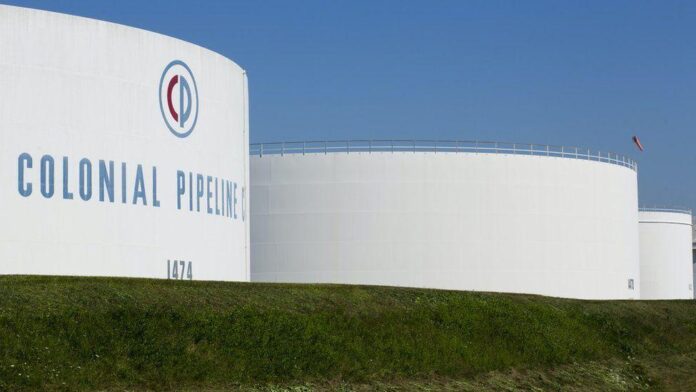| Translate This News In |
|---|
After the country’s largest fuel pipeline was hit by a ransomware cyber-attack, the United States government issued emergency legislation on Sunday.
The Colonial Pipeline transports 2.5 million barrels of fuel per day, accounting for 45 percent of diesel, gasoline, and jet fuel supply on the US East Coast.
A cyber-criminal gang knocked the pipeline completely offline on Friday, and it’s still working to get it back online.
Fuel could now be transported by road under emergency legislation.
For transporting jet fuel, gasoline, diesel, and other refined petroleum products, 18 states have been granted a temporary hours of service waiver.
Florida, Georgia, Kentucky, Louisiana, Maryland, Mississippi, New Jersey, Alabama, Arkansas, District of Columbia, Delaware, New York, North Carolina, Pennsylvania, South Carolina, Tennessee, Texas, and Virginia are the states in question.
Fuel prices are expected to rise 2% to 3% on Monday, according to experts, but the impact will be far worse if the trend continues.
A lot of fuel is stranded at refineries in Texas, according to Gaurav Sharma, an independent oil market analyst.
“They’re in big trouble unless they fix it by Tuesday,” Mr Sharma said. Atlanta and Tennessee would be the first areas to be affected, with a cascading effect all the way to New York.”
He claimed that oil futures traders are now “scrambling” to meet demand at a time when US inventories are shrinking and demand – particularly for vehicular fuels – is increasing as consumers return to the roads and the economy recovers from the pandemic’s effects.
Mr. Sharma warned that the temporary waiver, which allows oil products to be transported in tankers up to New York, would not be enough to match the pipeline’s capacity.


















